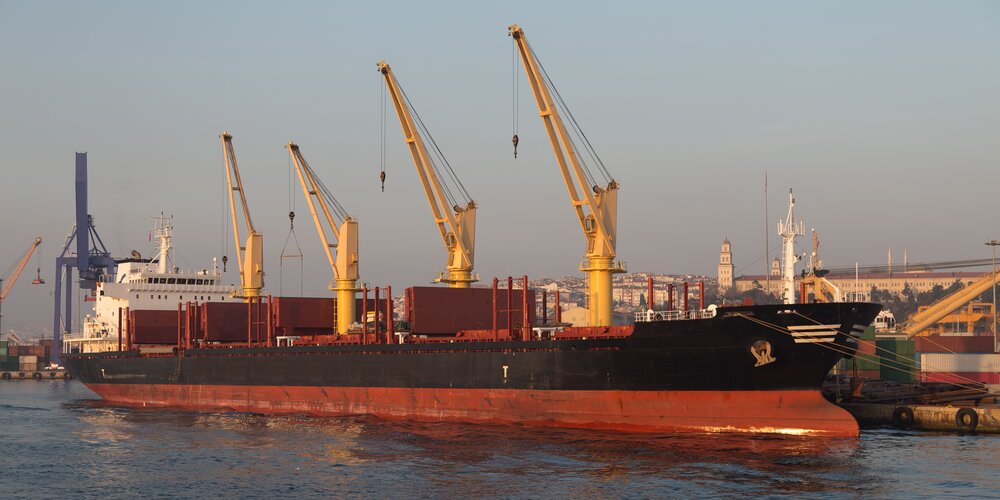Browse our services
Explore how Brookes Bell can help you
Find an expert
Meet our team, find and expert and connect
Contact us
Get in touch, we're here to help

Vessel cranes have long faced a unique regulatory framework.
Lifting appliances onboard commercial vessels, such as cranes, are not currently considered as equipment that needs to be classed by the vessel’s Classification Society, unlike the vessel’s main engine for example.
Vessel cranes also have limited inspection regimes, such as the provision of a ‘Register of lifting appliances and items of loose gear’, which is based on the International Labour Organisation Convention 152 (ILO 152).
In order to bring cranes and other onboard lifting appliances in line with other equipment, the IMO’s 107th Maritime Safety Committee meeting, which took place in June 2023, adopted amendments to SOLAS and introduced new regulation II-1/3-13.
The new regulation, which comes into force on 1 January 2026, requires new lifting appliances and anchor handling winches to be designed, constructed and installed in accordance with the requirements of a Classification Society or equivalent rules accepted by the Flag Administration.
“This new regulation has been introduced to help prevent mechanical failures that have regularly caused injuries, fatalities and damage to ships, cargo, shore-based and subsea structures and the environment,” said Conan O’Driscoll, Principal Marine Engineer at Brookes Bell.
Existing non-certified lifting appliances that were installed before the new regulation takes effect are required to be tested and thoroughly examined no later than the date of the first renewal survey (on or after 1 January 2026) of the vessel's Safety Construction Certificate,
“This new SOLAS regulation tightens up the requirements for inspection and testing of cranes. Crucially, it will be retrospectively applied to all vessels with such equipment onboard, whereby maintenance and operation manuals will be verified and appropriate records of maintenance, in line with manufacturer's requirements, are required. Whilst some vessel operators already maintain such records, the new regulation requires all vessel operators to maintain such records in addition to the normal entries in the lifting appliance register, ” Conan added.
However, there are a number of instances where this regulation will not apply. For example, it will not apply to lifting appliances used on offshore construction ships used for pipe or cable laying as well as those working on decommissioning work, which comply with standards acceptable to the Flag State. The new regulation will also not apply to lifting appliances on MODUs, integrated mechanical equipment for opening and closing hold hatch covers, and lifesaving launching appliances complying with the LSA Code.
Furthermore, the vessels Flag State shall determine to what extent the design, construction and installation provisions do not apply to lifting appliances which have a safe working load below 1,000kg.
“This new regulation is a welcome addition to improve the safety of crane and lifting equipment operations onboard commercial vessels. Whilst some operators already have appropriate systems in place, it is vital that owners take the necessary steps to ensure that any new equipment is compliant and that any existing equipment undergoes a thorough inspection as soon as possible,” Conan noted
“While some crane disputes can often appear minor, associated costs can escalate rapidly. Brookes Bell offers accurate, impartial and expert advice to all manner of crane and winch incidents, preventing owners from incurring significant costs down the line,” he added.